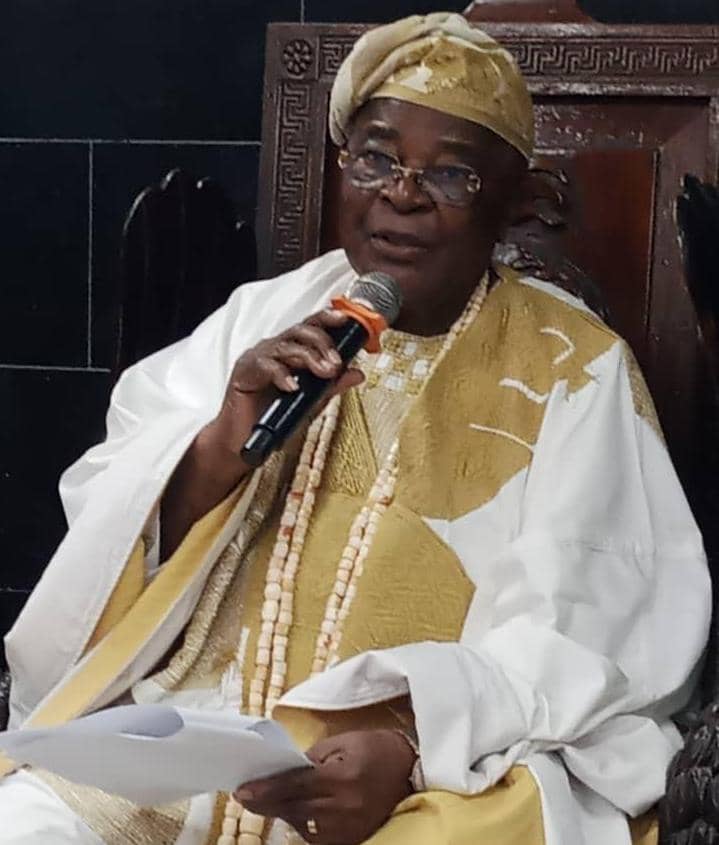
To address the growing influx of Chinese-made Adire fabrics in Ogun State, the Alake and Paramount Ruler of Egbaland, Oba Adedotun Gbadebo, has announced plans to establish an Adire village in the state.
Speaking at a stakeholders’ forum held at his Ake Palace in Abeokuta on Friday, October 4, 2024, Oba Gbadebo highlighted the impact of the Adire fabric business in providing employment for many youths, helping to alleviate poverty and reduce criminal activities. “The business of Adire has taken many youths out of poverty and criminal activities,” the monarch said. He emphasized the urgent need to curb the infiltration of foreign-made fabrics, which threaten the local industry.
Last year, Oba Gbadebo inaugurated a committee to tackle this issue, but with limited success. In a renewed effort, the royal father directed Prof. Olajumoke Familoni, President of ICLED Business School, Lagos, to find a solution to the dominance of Chinese-made fabrics in the market.
At the forum titled “Industrialization of Indigenous Adire Fabric: A Way Forward in a Global Economy,” Oba Gbadebo explained that the Adire village project would introduce mechanized techniques to boost production efficiency while maintaining the authenticity of the fabric. The village will be named after Nobel Laureate Professor Wole Soyinka and will serve as a hub for training artisans, integrating technology, and enhancing the quality of Adire fabric to meet international standards. This initiative aims to increase exports, boost the economy, and generate foreign exchange.
“Adire, a traditional fabric steeped in rich cultural heritage, has long been a symbol of creativity and craftsmanship,” said Oba Gbadebo. “However, in today’s rapidly evolving global market, it is essential that we not only preserve this artistry but also innovate and adapt. The Wole Soyinka Adire Village Industrialisation Project will serve as a hub where tradition meets modernity, fostering sustainable economic growth while honoring our roots.”
Prof. Familoni added that while competition in the global market is inevitable, the school has secured government interest in allocating land for a one-stop shop for producing essential raw materials for Adire, which will be available to all stakeholders.
Also speaking at the event, Afolabi Afuape, the representative of Abeokuta South federal constituency, called for more education and sensitization among traders to improve the quality of local production. “If we keep selling Chinese Adire, we will continue losing our source of livelihood,” Afuape said. “We are losing foreign exchange, but our people don’t understand. We need education and enlightenment. If there were no Chinese Adire today, everyone would be forced to buy our main fabric. We must also improve the quality of production and focus on mass production.”
The Adire village is expected to play a key role in preserving the traditional fabric and ensuring its competitiveness in the global market.







